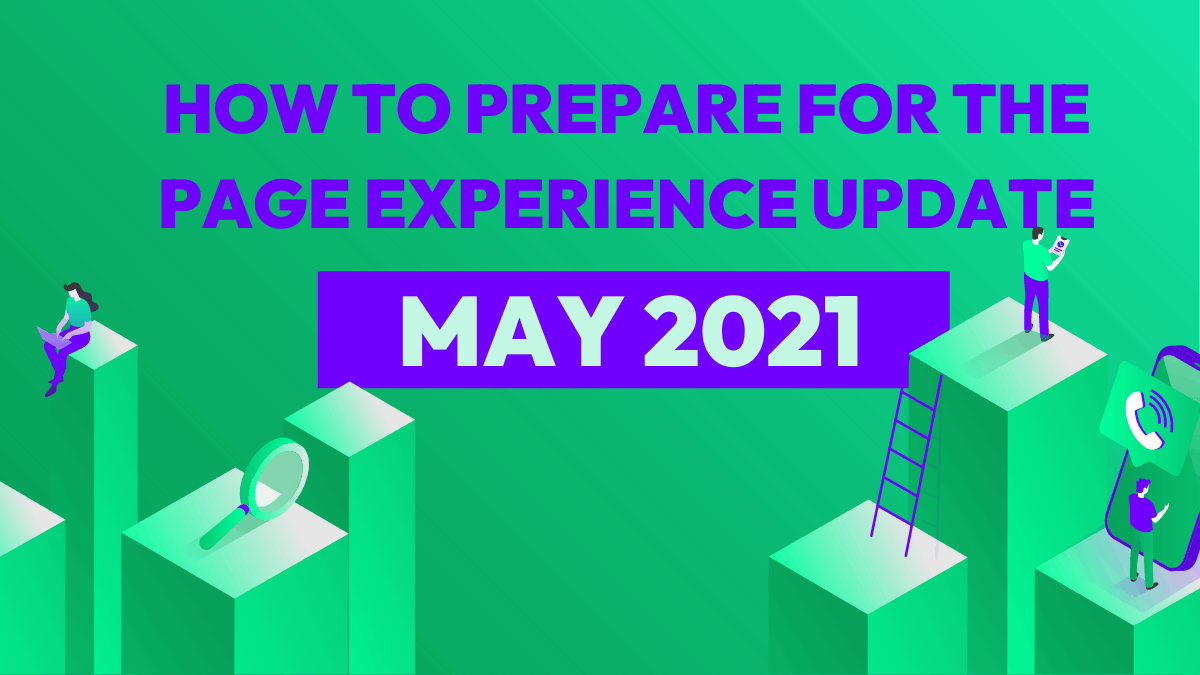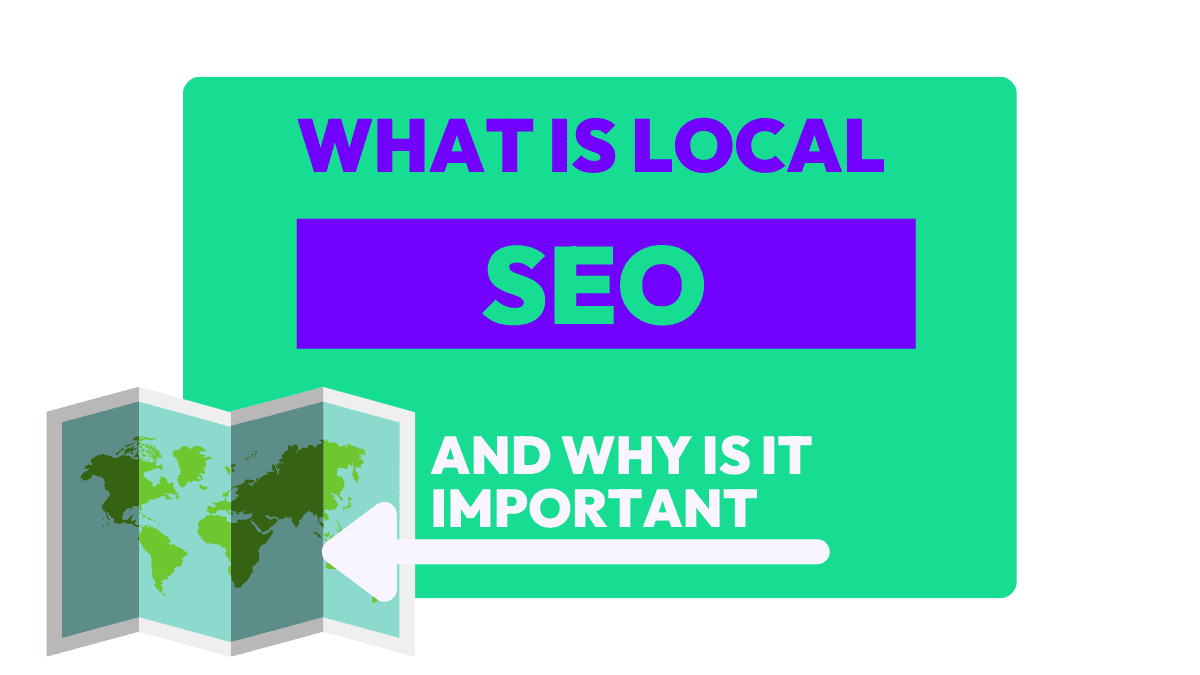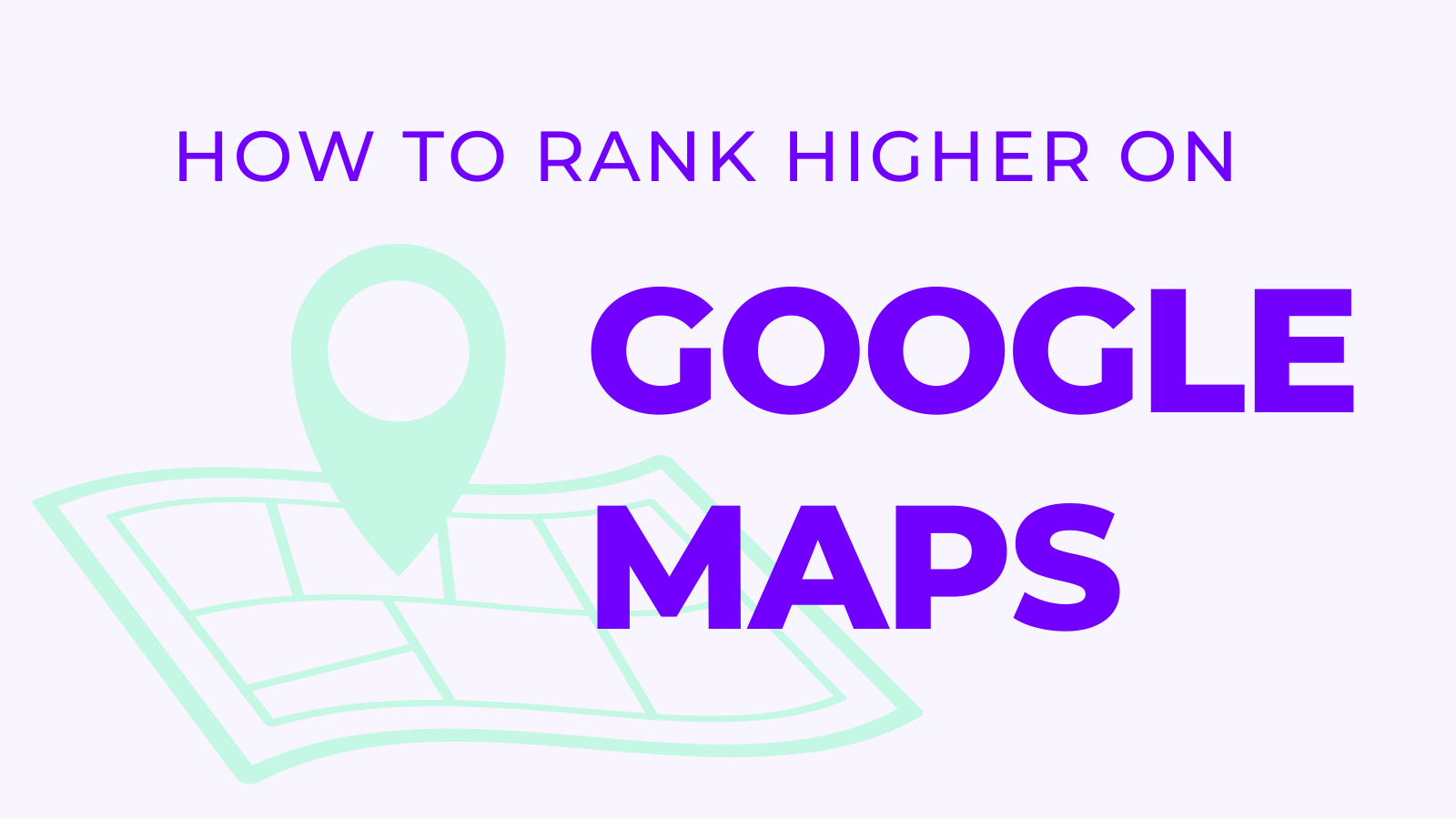
Google’s overall goal, and the mission of Google’s algorithm, is to give searchers exactly what they’re looking for, right when they’re looking for it – with as few obstacles and disruptions as possible to user experience.
And for about a year now, we’ve been warned. They’ve been telling us about how important page experience is as a ranking factor and what it will be worth in coming algorithm updates since last May! Though, it was in 2010 when usability was first prioritised – when page speed was first added as a ranking factor.
And now, it is introducing 3 new user experience metrics to rank pages in search results.
Google’s Page Experience Update May 2021
The Page Experience update, launching May 2021, is the next official step in that direction.
Google has described the Page Experience update as “a set of page experience signals that measure how users perceive the experience of interacting with a web page beyond its pure information value,” adding a set of 3 new signals to the algorithm, which means a better ranking for websites that are fast, easy to use, and designed well.
These updates build upon Google’s existing user experience signals, like mobile-friendliness, safe browsing, HTTPS and no intrusive interstitials.
Google has even mentioned adding “visual indicators” to pages with a great page experience score right to the search engine results pages.
This wouldn’t just affect your ranking factor, but organic click-through rates could take a hit, as well!
In this blog, I’m going to cover everything you need to know to prepare your website for the Google Algorithm Update in May 2021, including:
- What is page experience?
- What are the core web vitals?
- What is staying the same?
- How can you prepare for the algorithm changes?
- What can you do if your Page Experience is poor?
What is Page Experience?
Google’s page experience refers to the experience your user has on a page and the factors that affect it. The existing signals that Google uses to perceive a user’s experience include the site speed, mobile-friendliness, whether the site provides a safe browsing experience, runs on HTTPS, and more.
And now, Google is adding three more page experience ranking signals to reward those sites that provide a good user experience.
In recent years, user experience has had more of a focus by web developers and website owners – and rightly so. Studies have shown longer page load times have a significant effect on bounce rates. According to case studies:
- If page load time increases from 1 second to 3 seconds, the bounce rate increases 32%.
- If page load time increases from 1 second to 6 seconds, the bounce rate increases by 106%.
So having a full understanding of page experience signals, and how they can impact your search result rankings is a must for both SEO and overall success.
Understanding the Core Web Vitals
Core Web Vitals are the newest set of requirements that measures a website’s page experience. These include:
Largest Contentful Paint
Largest Contentful Paint (LCP), or loading performance, refers to the largest image or text block visible in view on a web page and determines when the main part of the content has been rendered on the screen. Google recommends that sites should have an LCP that occurs within the first 2.5 seconds of the web page starting to load.
First Input Delay
First Input Delay (FID) is used to measure interactivity – Google measures the time when someone engages your site (with a button click, a scroll, etc) until the site begins responding. This latency can be the result of the browser working on other tasks, such as loading other parts of a web page. According to page speed insights, a good page experience should strive to have a score of fewer than 100 milliseconds.
Cumulative Layout Shift
Cumulative Layout Shift (CLS), or visual stability, measures how much the elements in the viewport move as the page loads, for example, if your visitor tries to click on a link and it shifts as they do. Sites with good page experience should aim for a CSL score of less than 0.1.
What is Staying the Same?
Today webpages are ranked based on scores for:
- Mobile-Friendliness: If the website and its landing pages perform well on mobile phones. Google’s Mobile-first Indexing would penalise those that don’t resulting in a poor search ranking.
- Safe browsing: If the website isn’t using deceptive practices or malware used on the sites. First, there’s no current malware or deceptive practices used on the site. You also don’t allow cracks in your web security that hackers can exploit at the expense of your site visitors.
- HTTPS: If the page is served over HTTPS. Pretty self-explanatory.
- No intrusive interstitials: If the website doesn’t use pop-ups, or other types of content that block the webpage content that your visitor expects, or is looking for.
The additions of the Core Web Vitals mean that when the page experience update rolls out in May 2021, we’ll have 7 key signals to monitor.
How to Prepare For the Page Experience Update
At this time, it’s hard to measure exactly how much weight these signals will have, but if Google’s historic approach to these algorithm changes says anything about it, the page experience update will likely have a significant impact on rankings.
Google’s transparency about its page experience standards, and the fact that they’ve given us a year of warning, also suggests the update will be huge.
If you’ve overlooked user experience improvements in the past, now is the time to bring them to the forefront and get them rectified!
Google’s Search Console will be your best friend for monitoring most of these issues. They’ve provided a whole report titled “Core Web Vitals”. There, any issues on your site, whether your LCP or CLS, will be flagged on both your desktop and mobile site. They really couldn’t have made it easier for us!
Though it shouldn’t be hard to identify any issues with Core Web Vitals, you’ll likely need the help of an experienced developer and SEO professional to implement the changes for improved core web vitals scores, as much of it has to do with coding issues.
However, it’s important to note that even nailing all aspects of page experience will not get you rankings if you’re serving weak content. Consistent high-quality content still needs to be at the forefront of your SEO strategy.
Google has made it clear that user experience metrics will help search algorithms rank pages with similar content, but it won’t help rank pages with underperforming content.
Page experience will be just one of the hundreds of the many ranking factors that Google uses to generate its SERPs. Though, if your website relies on organic traffic for your success, you should take this update seriously.
Take the time to prioritise your most important pages – the ones that drive the most traffic and rank the best in search results, before moving on to others. If you score below competitors on many pages, you should prioritise those, too.
At Tecmark, we can help you complete a page experience audit, prioritise improvements, and even help you get the changes implemented to maximise your website’s ranking potential in Google’s algorithm.
What Should You Do If Your Page Experience is Poor
If you identified any issues with the page experience ranking factors during the audit of your web pages, you should start making a plan for fixing them.
If you found any issues with mobile-friendliness, unsafe browsing, or HTTPS, likely, those are already hurting your website’s ranking! You should put a higher priority on those fixes for Google’s page experience update and get them out of the way.
Loading Time (LCP), Interactivity, and Visual Stability (CLS) do not become ranking factors until May 2021. But if you noticed any issues with those, you are going to be affected by the Page Experience update – so start prioritising and working through those fixes now.
For more information on Google’s algorithm updates and to keep your web pages ranking high in search results, check out our blog on Google’s core update for June 2021.
Tecmark has over 14 years of experience in the SEO industry, and in that time we’ve been a part of many Google Algorithm updates. If your site is suffering from a poor page experience, get in touch with Tecmark, SEO agency in Manchester, to see how we can help you nail the technical foundations of your website, and give your site a rankings boost.


